Through hardships and challenges, the Mekong Delta has gradually affirmed its role in ensuring national food security, while exporting millions of tons of rice each year. Rice production is also a strong “source of inspiration” for this region to achieve achievements in agricultural and aquatic production.
During the period when the country is transforming into a new era, the thinking about food security has changed in the direction of not chasing productivity and output but increasing the value of rice grains, increasing the income of rice farmers accordingly. At the same time, not relying mainly on rice but flexibly switching to the model of aquaculture - fruit - rice; investing heavily in the processing industry to promote the strengths of the region.
During the nation's long resistance wars (1945-1975), agriculture, farmers and rural areas overcame famine, effectively participated in the resistance war and nation building, gloriously fulfilling the mission of "the great rear for the great frontline".
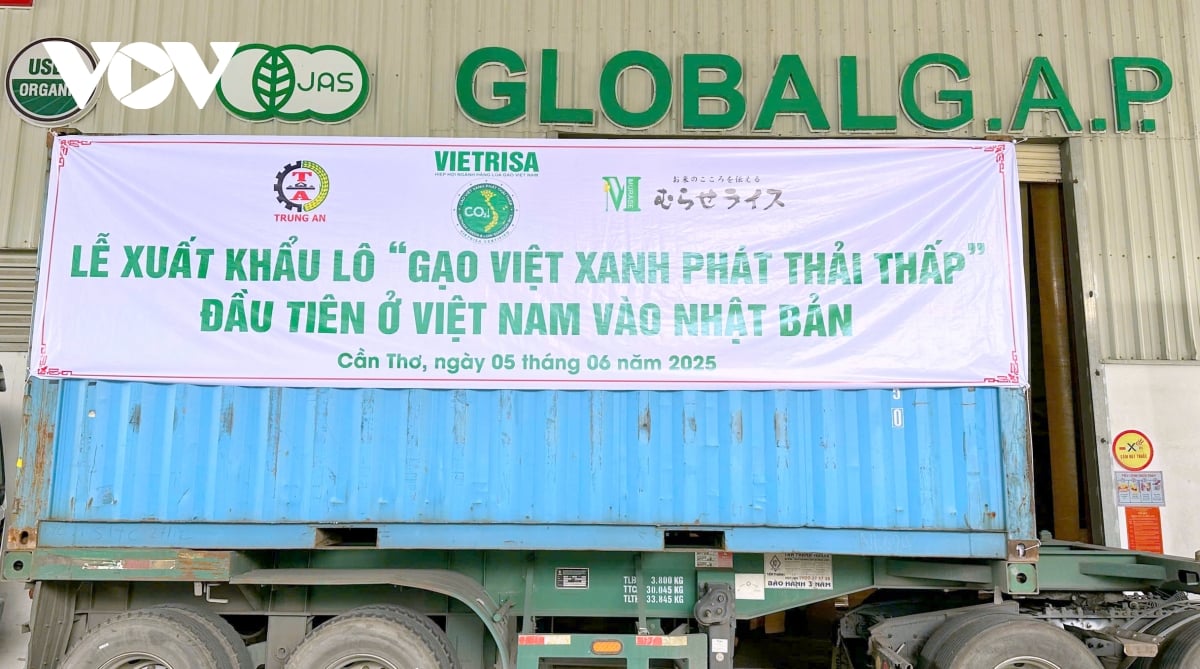 |
| Exporting the first batch of green, low-emission Vietnamese rice to Japan |
After solving the famine, the agricultural sector has continuously overcome difficulties, making great contributions to the resistance war and national construction. The agricultural policy has been gradually clearly outlined by the Party and the Government through major policies on increasing production. In particular, Resolution 10 of 1988 (also known as Contract 10) has "untied" agriculture by allocating land and the right to decide on production to farming households. Since 1989, our country has become a food exporter. Many agricultural, forestry and fishery production sectors have also been oriented towards export.
The Mekong Delta (MD) is a region with great potential; one of the largest and most fertile deltas in Southeast Asia and the world. This is the largest agricultural production center of the country, and has been carrying out the mission of ensuring national food security and export, creating jobs for 65% of the region's population. In 2024, Vietnam's rice exports will reach a record 9.18 million tons with a turnover of 5.75 billion USD, an increase of 12.9% in volume and 23% in value compared to 2023. Mr. Do Ha Nam , Chairman of the Vietnam Food Association (VFA) shared: "Vietnam's products have created a separate market and are competitive with other countries. Secondly, the market price is completely clear, we have created a separate product, so the issue of when people need it, whether it is expensive or cheap is not the most important thing, the important thing is whether there is enough goods for people or not. When we can regulate and coordinate, we will maintain stable prices and position food".
In the Mekong Delta, rice farmers who have been working hard, “working their backs to the sky and the ground”, are now very proactive in production. Mechanization has created a miraculous change in production in this region. Along with that, the good news is that many pioneering farmers have switched to “high-quality, low-emission” rice cultivation, an innovative approach that helps increase profits, reduce emissions and environmental pollution. In particular, there have been positive signals when the whole region implemented the Project “Sustainable development of one million hectares of high-quality and low-emission rice cultivation associated with green growth in the Mekong Delta by 2030”.
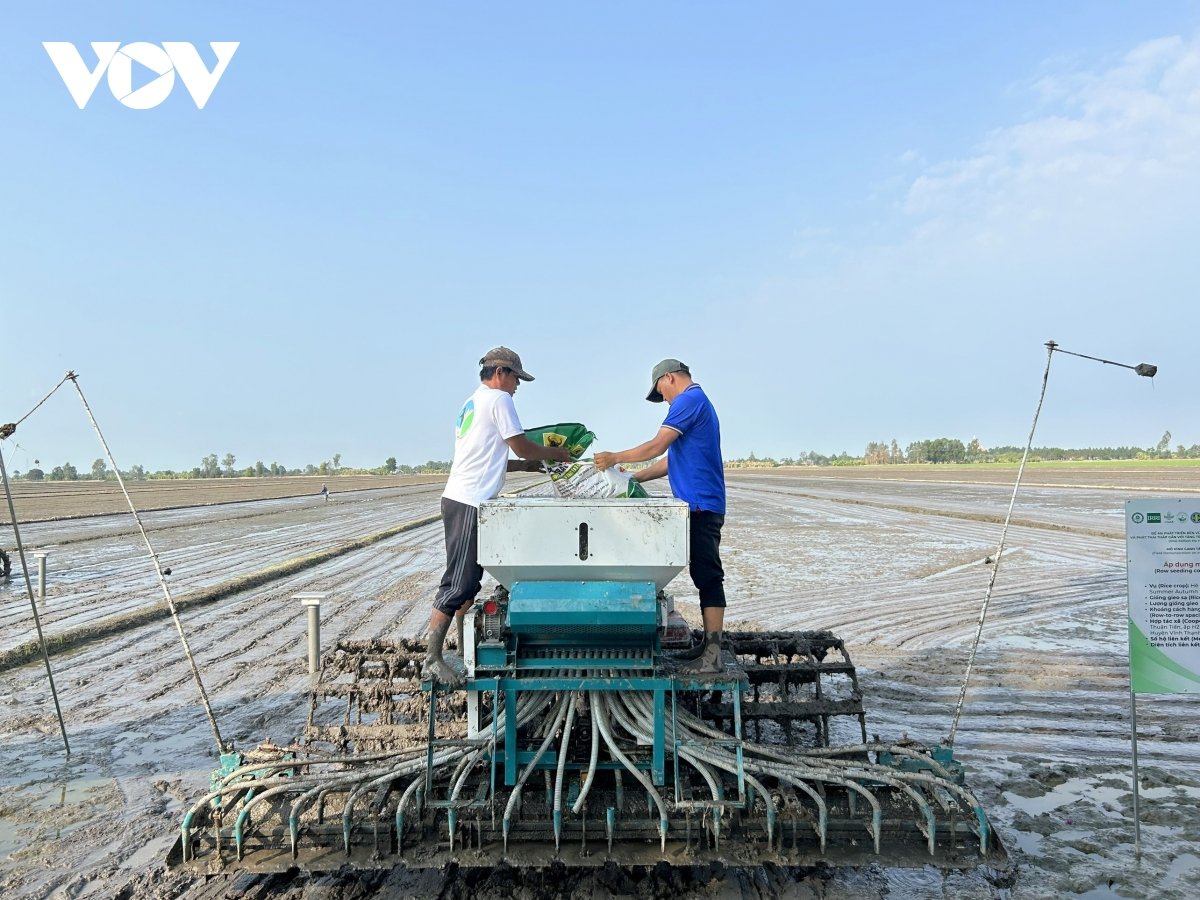 |
| The 1 million hectare low-emission high-quality rice program implemented in the Mekong Delta |
Deputy Minister of Agriculture and Environment Tran Thanh Nam said: "The connection between enterprises and cooperatives has begun to operate very clearly. The basis of this project is two issues. The first issue is to transform the method of rice production in the Mekong Delta towards a production chain. The second is to increase productivity and increase value for farmers, those are the two main purposes of the project and have had initial results."
Mr. Nguyen Cao Khai, Tien Thuan Cooperative, Can Tho City, one of the members actively participating in the conversion from traditional farming to synchronous mechanization, said that farmers have realized the serious impacts of climate change along with the decline in water resources. Therefore, solutions on digital transformation and green transformation in rice production, including technology application, production management, and traceability have brought efficiency to people in agricultural production.
After tireless efforts, Vietnamese rice has now escaped the curse of cheap prices, affirming its competitive position through quality and brand on the world map. According to data from the General Statistics Office, the proportion of high-quality rice increased from 50% in 2015 to 74% in 2020, helping more than 85% of exported rice belong to the high-end segment.
In 2019, the ST25 variety of engineer Ho Quang Cua and his colleagues was honored as "World's Best Rice", paving the way for a strategy to switch from selling cheap white rice to fragrant, specialty, organic rice.
Engineer Ho Quang Cua - Hero of Labor in the renovation period shared that ST25 being recognized as the best rice in the world is a proud event for the research team and a mark of success for the Mekong Delta agriculture in the field of rice production. ST rice products not only contribute to creating a brand but also create a separate segment of Vietnamese rice in the world market.
"The acceptance of Vietnamese rice products by people and consumers is very encouraging. We are very happy because after many years of work and research, the desire for Vietnamese rice products to be popular is finally very great and strong. National awareness is very high," Mr. Ho Quang Cua emphasized.
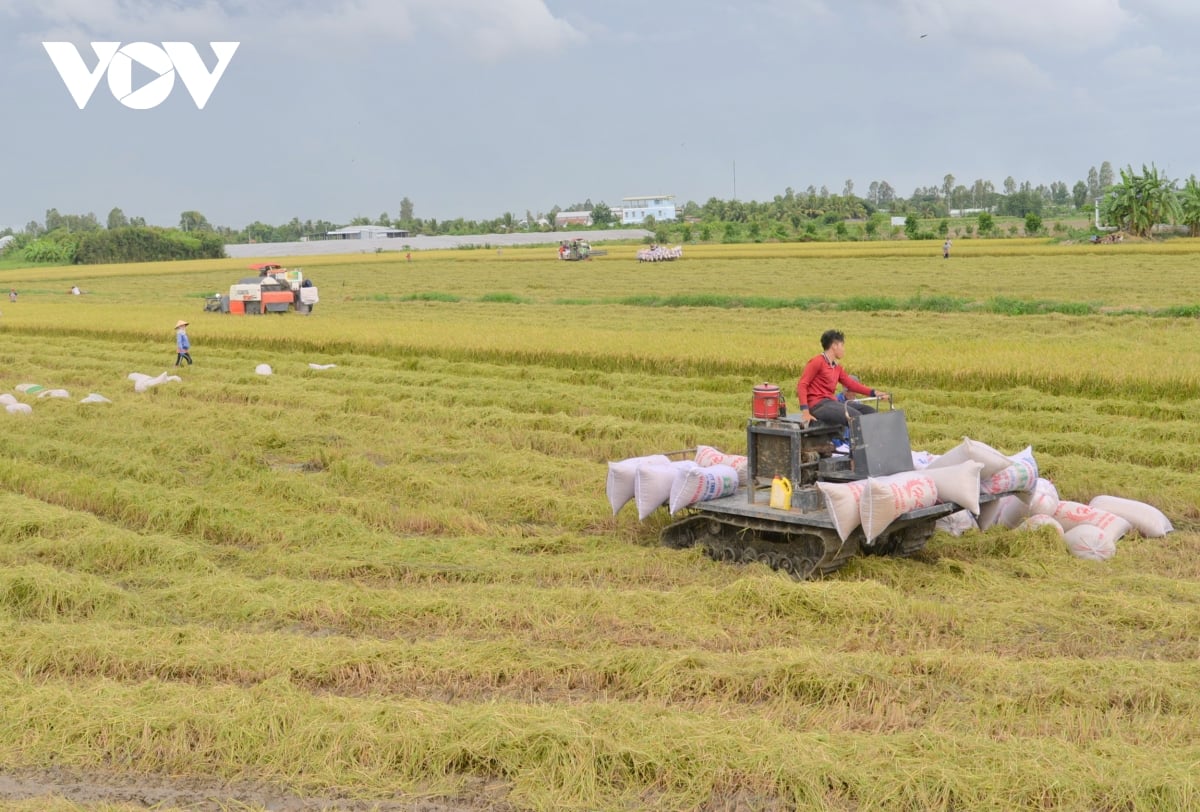 |
| In 2023, Vietnamese rice will lead the world in price for the first time. |
In 2023, Vietnamese rice will lead the world in price for the first time, surpassing competitors such as Thailand and India. The success of rice is a "boost" for many other agricultural and aquatic products. In 2024, durian will surpass the 3 billion USD mark for the first time, and coffee will hold the number 2 position in the world. Meanwhile, cashew nuts, pepper, and fresh fruit will all be in the "billion USD export club".
Ms. Pham Chi Lan, senior economist, analyzed: "Vietnam is considered one of the 15 countries in the world with the best potential for agricultural development. Obviously, in the past time, there have been great efforts and attempts. But there are still strengths and potentials that have not been exploited and used properly. We hope that the Mekong Delta localities will promote more clearly the perspective of innovation in agriculture; there are many ways to make more creative and modern solutions. From there, we can exploit local resources to bring better value."
The role and position of "supporting" agriculture is increasingly affirmed, ensuring sufficient supply of food, foodstuffs, and essential goods for domestic consumption, firmly ensuring national food security, contributing to promoting growth, increasing exports, solving employment, and creating livelihoods for people.
However, in recent years, climate change has been affecting the world as well as the Mekong Delta, which is facing impacts such as: rising sea levels, salinity intrusion, drought, floods, high tides, estuary sedimentation... This area is also being heavily impacted by climate change every day, every hour.
Vice Chairman of the National Assembly Le Minh Hoan, who had a successful term as Commander of the agricultural sector, stated that the Mekong Delta is strongly transforming from "agricultural production thinking" to "agricultural economic thinking": "Facing that pressure of change, if we proactively change, there will be less risk and it will be an opportunity to build the image of a responsible and sustainable agriculture. At the COP 26 conference, Vietnam committed to "Net - Zero" by 2050. Vietnam is committed to being a responsible and sustainable agriculture, we participate in the global value chain, participate in the global food supply system. These messages must be transformed by specific actions, by the responsibility of producers, farmers and businesses".
From the rice grain that saved the famine in the past, Vietnamese rice has now become a “precious pearl” of integration and prosperity. Agricultural production originating from rice plants, grown with the alluvial soil of the delta, has helped Vietnam become one of the world’s leading rice exporting countries. The picture of “three agricultures” is steadily moving towards large-scale, safe, sustainable and responsible commodity production.
The development of agriculture, farmers and rural areas, including the Mekong Delta, has contributed significantly to the success of hunger eradication and poverty reduction, improving farmers' lives, and creating a foundation for stabilizing and developing the domestic economy and society. These achievements have contributed to enhancing Vietnam's position in the international arena.
According to Thanh Tung - Pham Hai/VOV- Mekong Delta
Source: https://baovinhlong.com.vn/kinh-te/202509/gao-viet-khoi-nguon-cam-hung-cho-san-xuat-nong-nghiep-trong-ky-nguyen-moi-8a51634/




![[Photo] National Assembly Chairman Tran Thanh Man receives First Vice Chairman of the Federation Council of Russia](https://vphoto.vietnam.vn/thumb/1200x675/vietnam/resource/IMAGE/2025/9/2/3aaff46372704918b3567b980220272a)
![[Photo] National Assembly Chairman Tran Thanh Man meets with First Secretary and President of Cuba Miguel Diaz-Canel Bermudez](https://vphoto.vietnam.vn/thumb/1200x675/vietnam/resource/IMAGE/2025/9/2/c6a0120a426e415b897096f1112fac5a)
![[Photo] Lao President Thongloun Sisoulith and President of the Cambodian People's Party and President of the Cambodian Senate Hun Sen visit the 95th Anniversary Exhibition of the Party Flag Lighting the Way](https://vphoto.vietnam.vn/thumb/1200x675/vietnam/resource/IMAGE/2025/9/2/3c1a640aa3c3495db1654d937d1471c8)
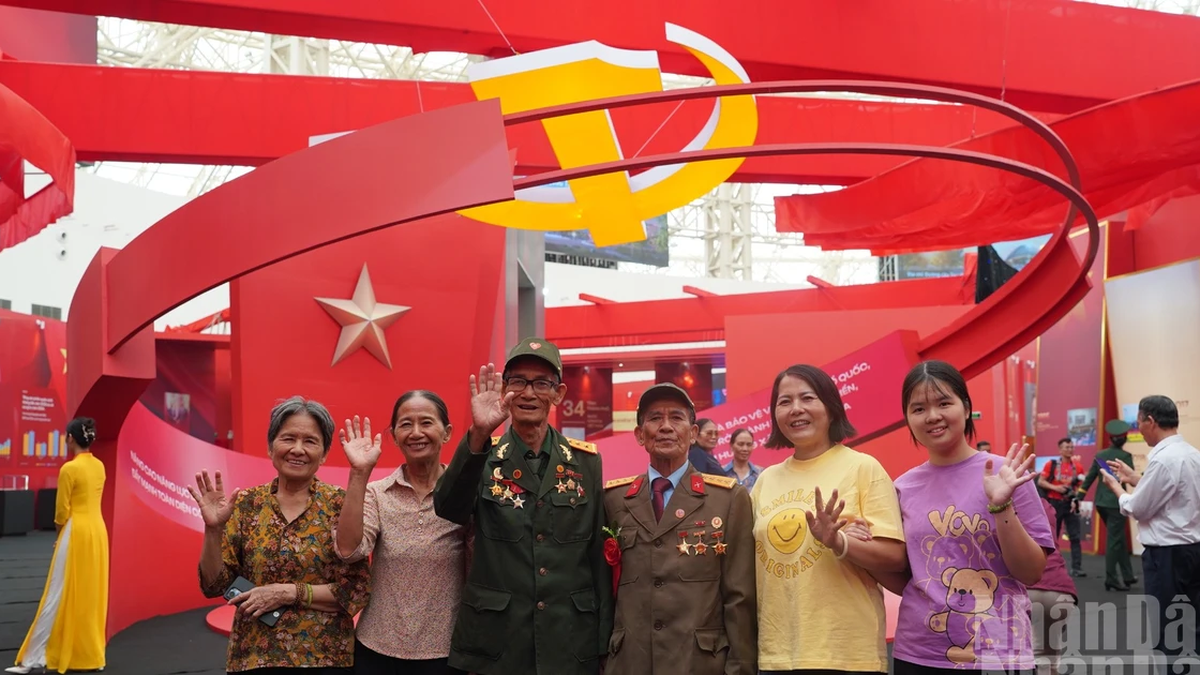

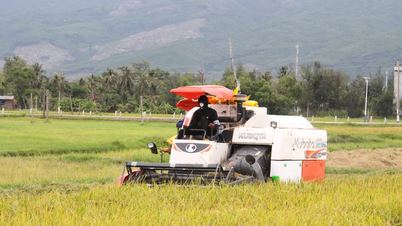



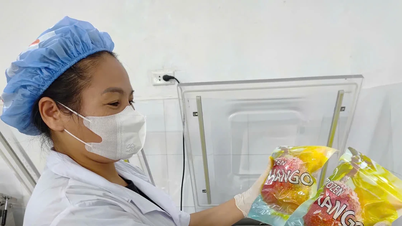

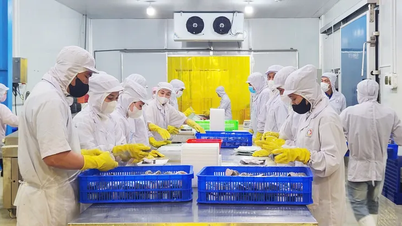

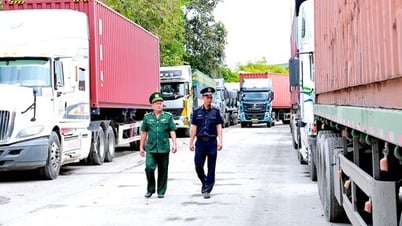

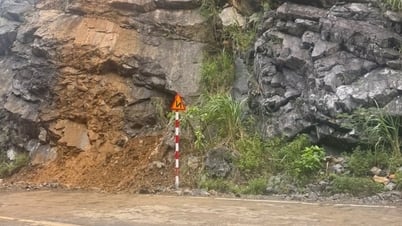


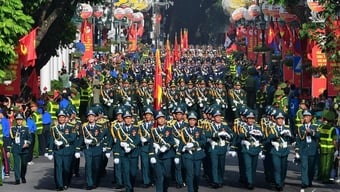


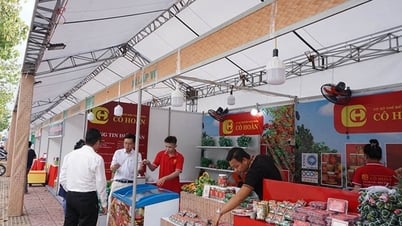

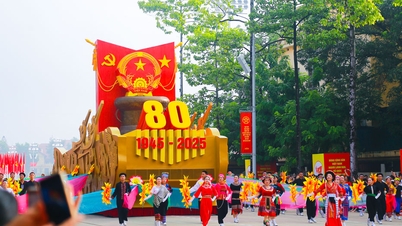
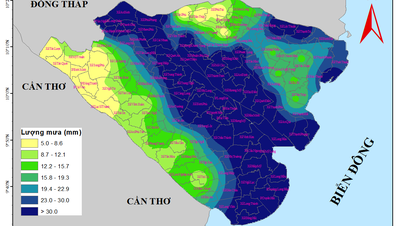

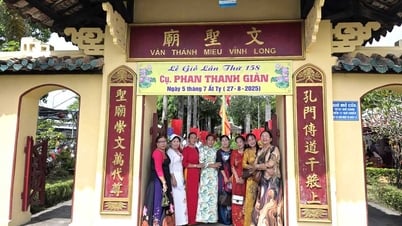
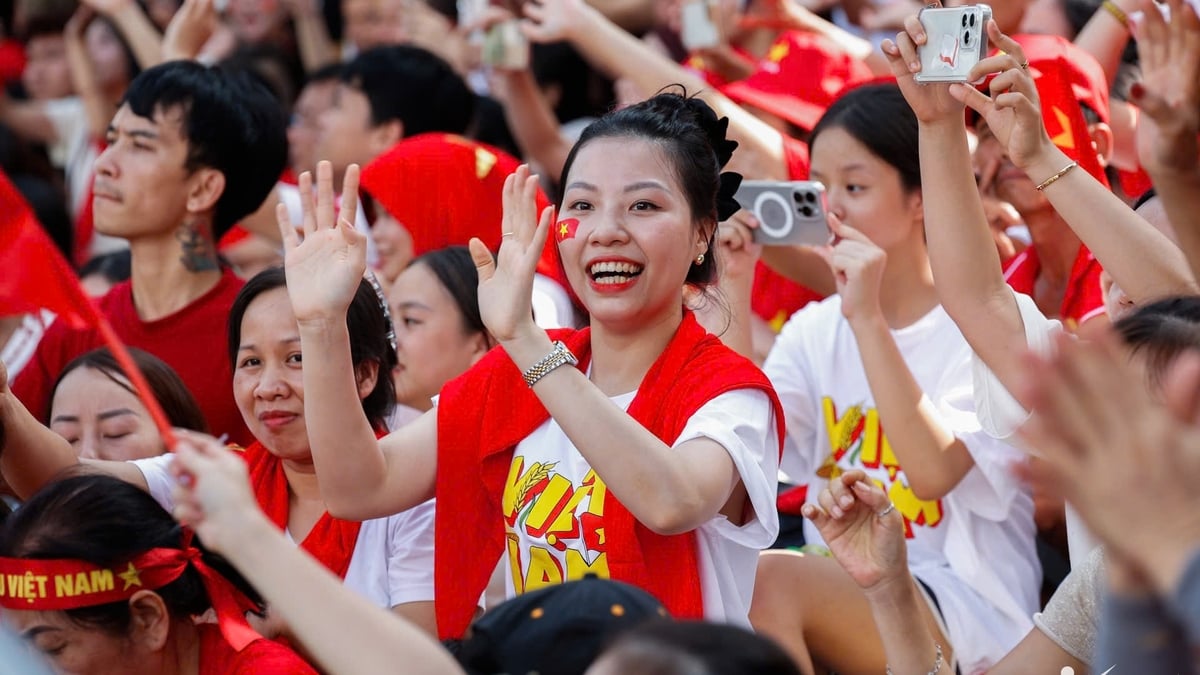








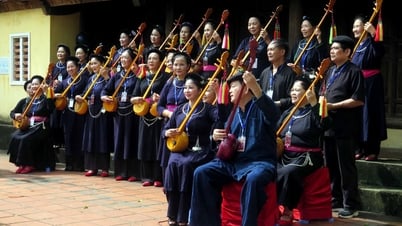

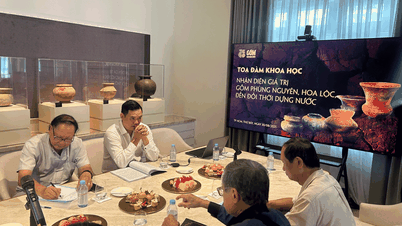

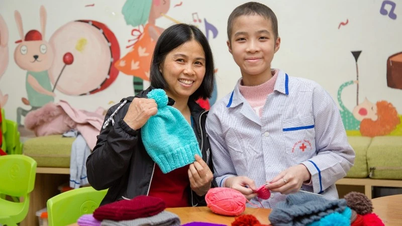








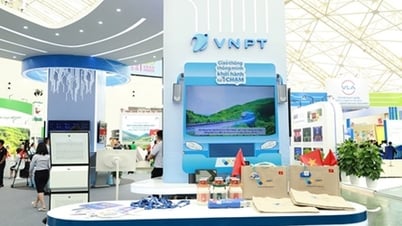







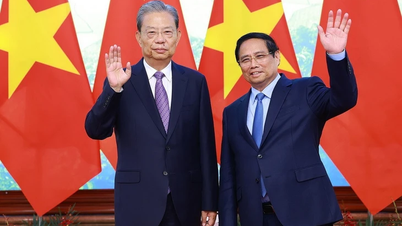
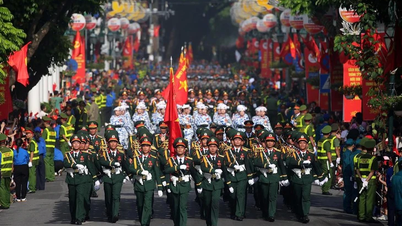






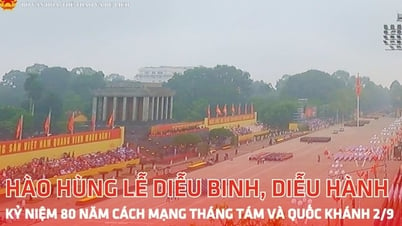

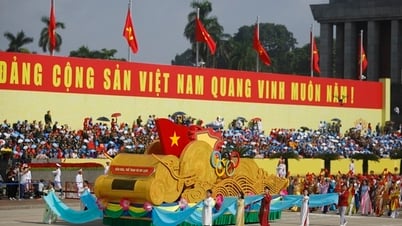

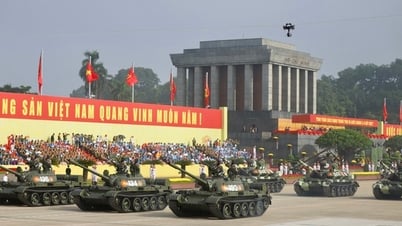
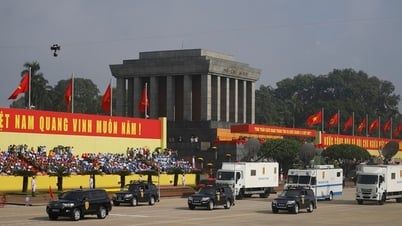

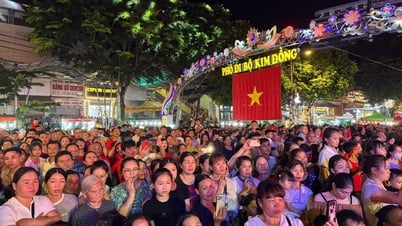



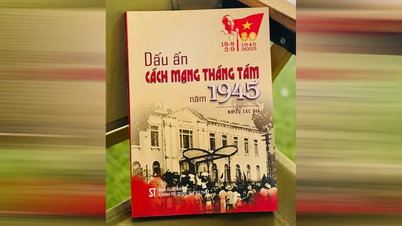
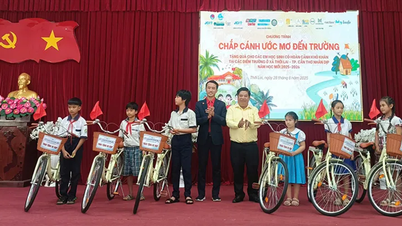
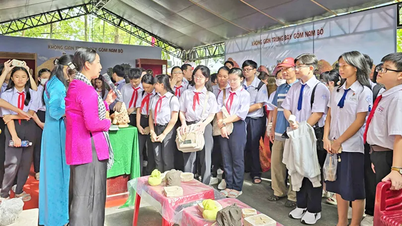
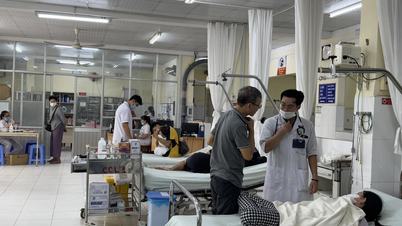
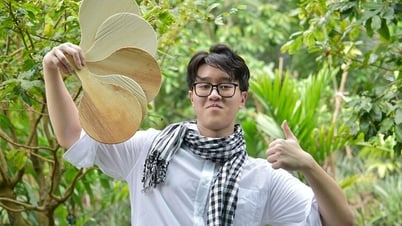

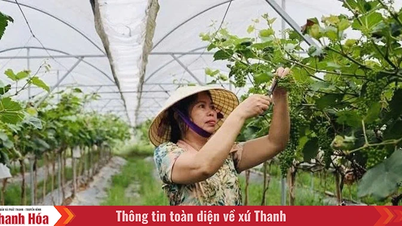

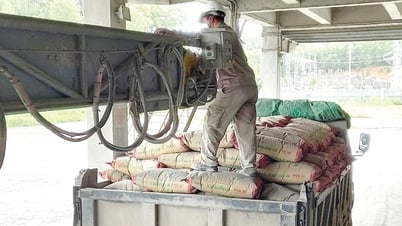

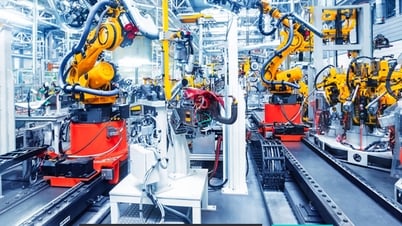

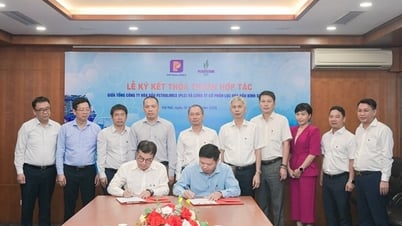

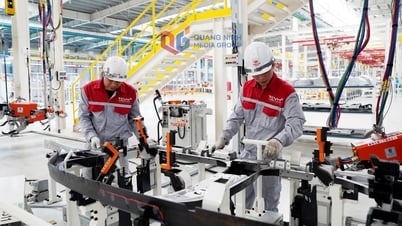

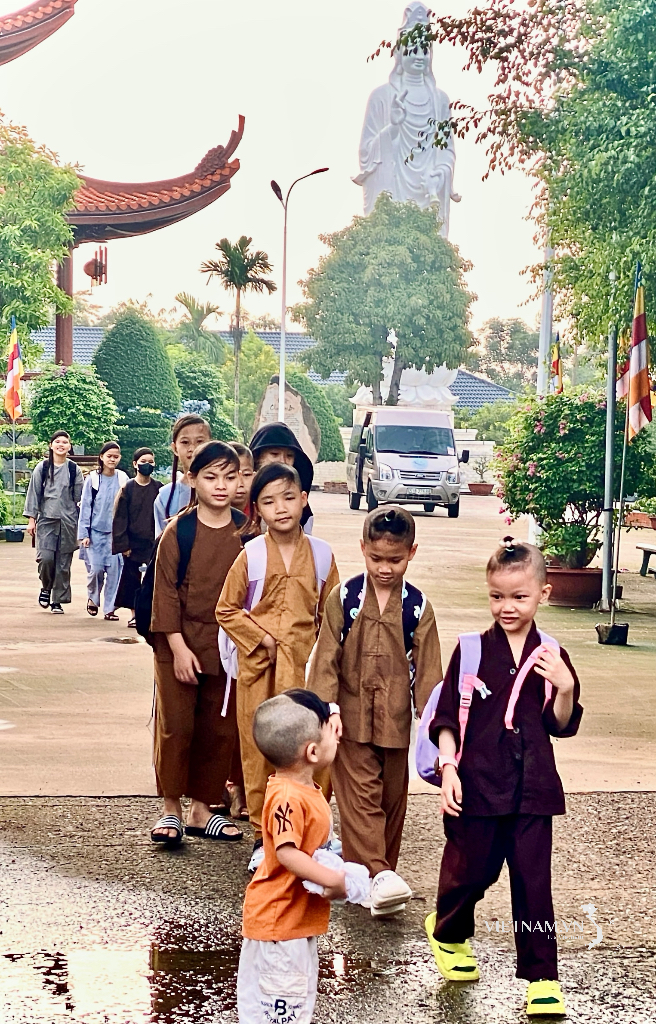


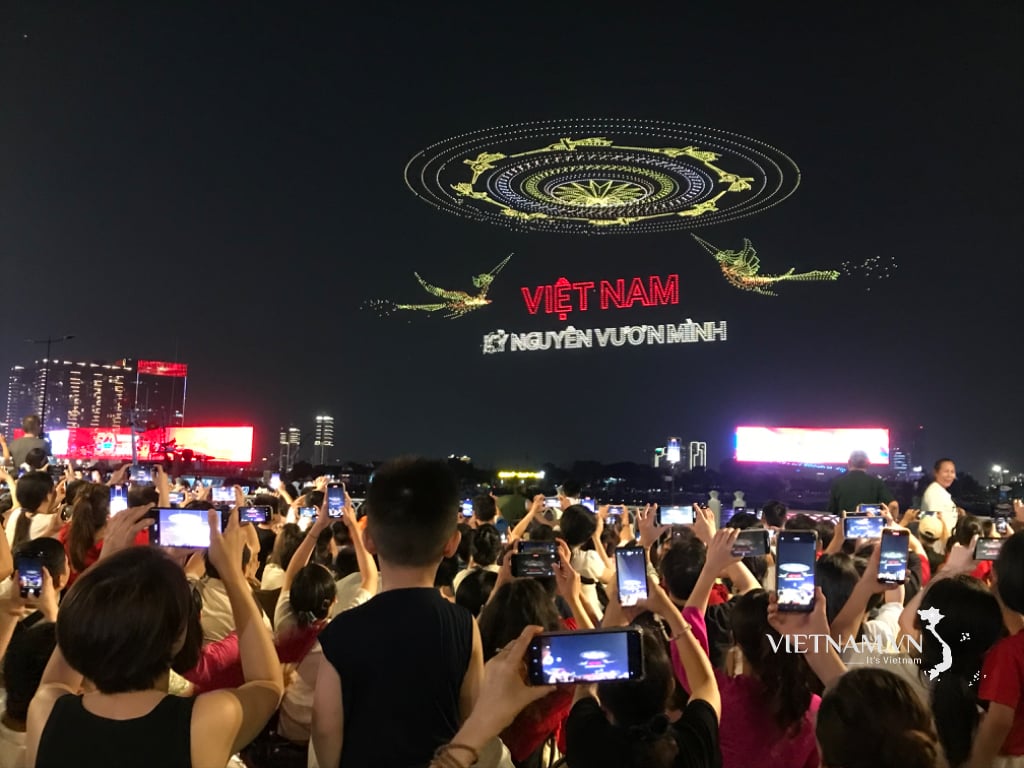
Comment (0)